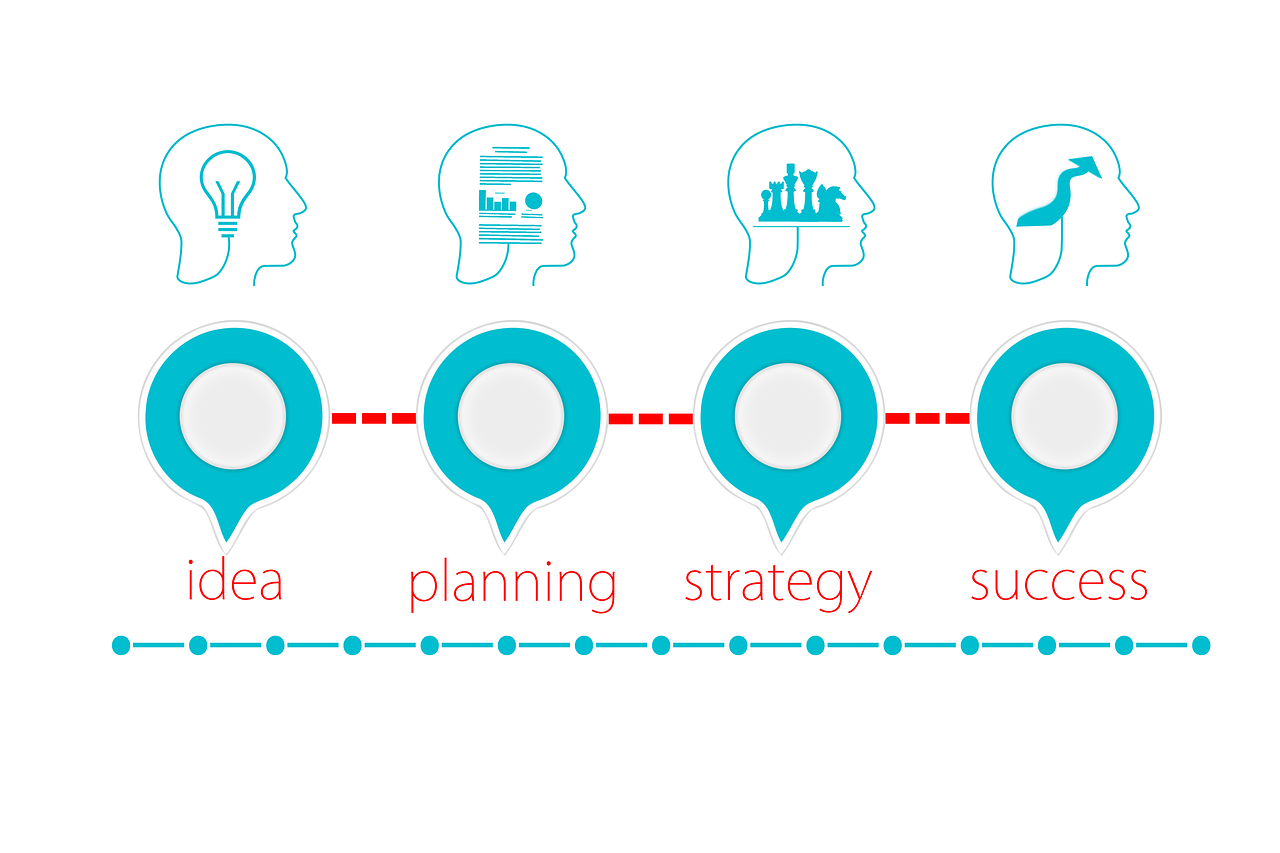Guide to Business Scale-Up
Scaling up a business requires careful planning, strategic decision-making, and effective execution. Whether you’re a startup looking to expand or an established company aiming for growth, scaling up can be a complex process. This guide provides a roadmap to help you navigate the challenges and opportunities of business scale-up.
1. Assess Your Readiness
Before embarking on the scale-up journey, evaluate your company’s readiness. Consider factors such as:
- Market Demand: Is there sufficient demand for your product or service to support growth?
- Infrastructure: Do you have the necessary resources, systems, and processes in place to handle increased volume?
- Financial Stability: Is your financial position strong enough to support expansion without risking solvency?
- Team Capability: Do you have the right talent and leadership to manage growth effectively?
- Scalable Business Model: Is your business model adaptable to accommodate growth without sacrificing quality or efficiency?
2. Define Your Growth Strategy
Develop a clear and comprehensive growth strategy that aligns with your business objectives. This strategy should address:
- Target Market: Identify new markets or segments to penetrate and prioritize them based on potential for growth.
- Product/Service Expansion: Determine if there are opportunities to expand your offerings or introduce new products/services.
- Sales and Marketing: Develop strategies to increase brand awareness, reach new customers, and improve customer acquisition.
- Distribution Channels: Explore new distribution channels or partnerships to expand your reach and accessibility.
- Technology and Innovation: Invest in technology solutions that enhance efficiency, improve customer experience, and support scalability.
3. Build a Strong Team
As you scale up, your team will play a critical role in driving growth. Focus on:
- Leadership: Ensure you have capable leaders who can guide the company through expansion and inspire the team.
- Talent Acquisition: Recruit top talent with the skills and experience needed to support growth initiatives.
- Training and Development: Invest in training programs to develop employees and equip them with the skills necessary for their roles.
- Culture and Communication: Foster a positive and inclusive workplace culture that encourages collaboration, innovation, and open communication.
4. Invest in Infrastructure
Scaling up requires a solid infrastructure to support increased demand and operational complexity. Consider:
- Technology: Upgrade your IT systems and infrastructure to accommodate growth and improve efficiency.
- Operations: Streamline processes and workflows to increase productivity and minimize bottlenecks.
- Supply Chain Management: Optimize your supply chain to ensure timely delivery of products/services and minimize disruptions.
- Customer Support: Enhance customer support capabilities to handle increased inquiries and maintain high levels of customer satisfaction.
5. Monitor and Adapt
Continuously monitor your progress and be prepared to adapt your strategies as needed. Key areas to focus on include:
- Key Performance Indicators (KPIs): Track relevant KPIs to measure the effectiveness of your growth initiatives and identify areas for improvement.
- Customer Feedback: Solicit feedback from customers to understand their needs and preferences and make necessary adjustments to your offerings.
- Market Dynamics: Stay informed about market trends, competitive landscape, and regulatory changes that may impact your business.
- Agility: Maintain flexibility and agility to respond quickly to changing market conditions and unexpected challenges.
6. Manage Financial Resources Wisely
Effective financial management is essential for successful scale-up. Pay attention to:
- Cash Flow: Monitor cash flow closely and implement strategies to ensure adequate liquidity to support growth.
- Profitability: Strive for sustainable profitability while reinvesting profits into growth initiatives.
- Funding Options: Explore various funding options such as equity financing, debt financing, or alternative sources of capital to fuel expansion.
- Cost Control: Identify opportunities to reduce costs and improve efficiency without compromising quality or customer experience.
7. Plan for Scalable Growth
Finally, plan for sustainable and scalable growth over the long term. This may involve:
- Expansion Strategy: Develop a roadmap for future expansion, including geographic expansion, product diversification, or strategic partnerships.
- Risk Management: Identify and mitigate potential risks that could derail your growth plans, such as market volatility, regulatory changes, or cybersecurity threats.
- Corporate Governance: Establish sound corporate governance practices to ensure transparency, accountability, and compliance with legal and regulatory requirements.
By following these steps and remaining agile and adaptable, you can successfully scale up your business and capitalize on new opportunities for growth and success. FD Capital specialise in Business Scale up FDs and CFOs.Remember that scaling up is a journey, not a destination, and continuous innovation and improvement are key to sustaining momentum and achieving long-term success.



